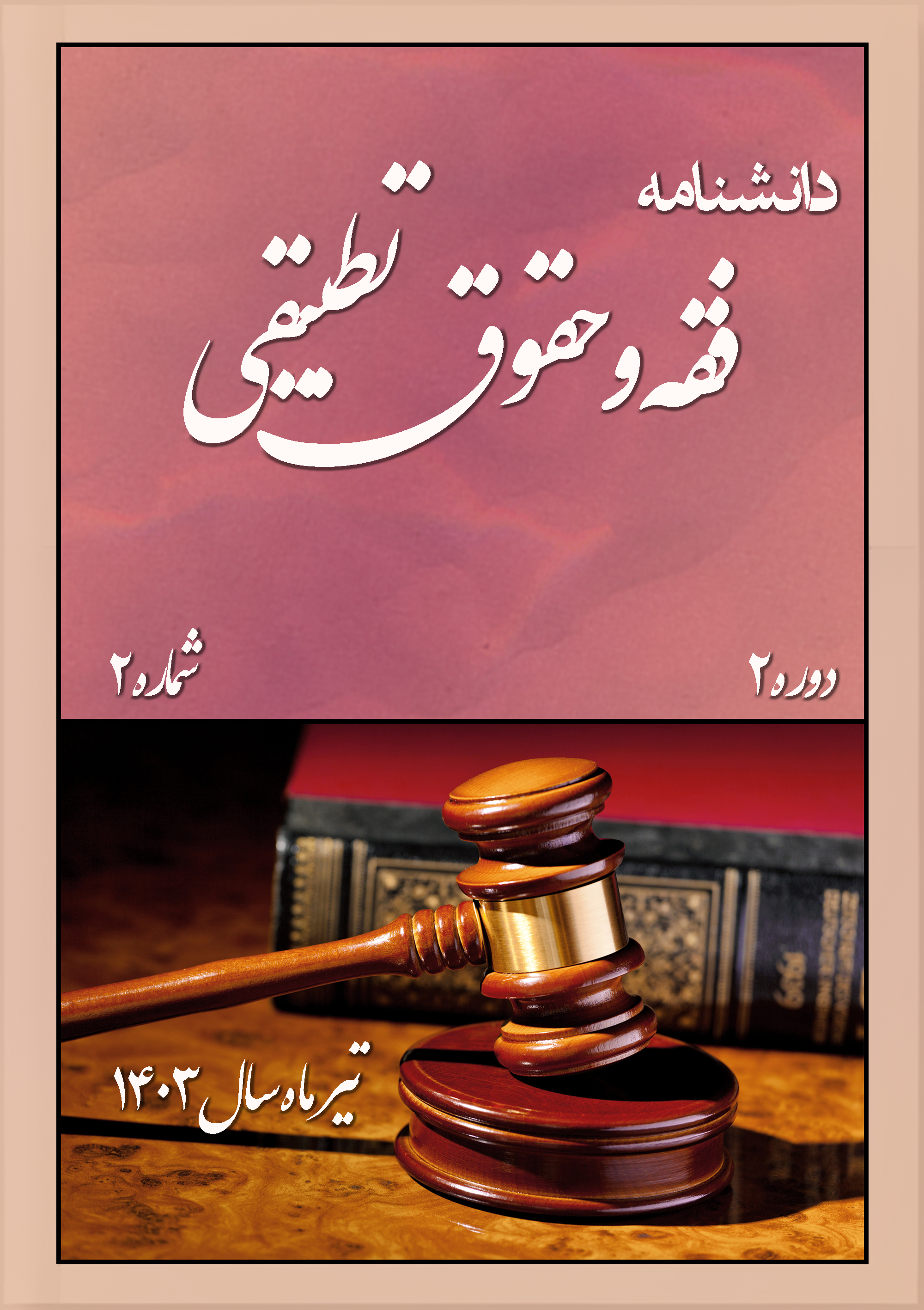A Comparative Study of Foreign Investment Laws Using the Theories of David Ricardo and Imam Ali (AS)
Keywords:
David Ricardo's theories, Imam Ali (AS), foreign investment, comparative advantage, social justice, support for domestic production, free tradeAbstract
This article provides a comparative analysis of foreign investment laws using the theories of David Ricardo and Imam Ali (AS). Initially, David Ricardo's theories on the principle of comparative advantage and its impact on foreign investment are examined. Subsequently, the economic principles of Imam Ali (AS), including social and economic justice, support for domestic production, and emphasis on ethical and human principles in trade and investment, are analyzed. The next section offers a comparative analysis of these two perspectives, highlighting their commonalities and differences. The findings suggest that Ricardo's theories can enhance productivity and attract foreign investment, but may exacerbate economic and social inequalities. In contrast, the principles of Imam Ali (AS) can reduce inequalities and create a stable and fair environment for investment, though they may increase production costs. Based on these findings, suggestions for combining these approaches are presented so that countries can benefit from both. This study indicates that combining free trade policies and support for domestic production with an emphasis on ethical principles can lead to sustainable economic development and attract foreign investment.


















